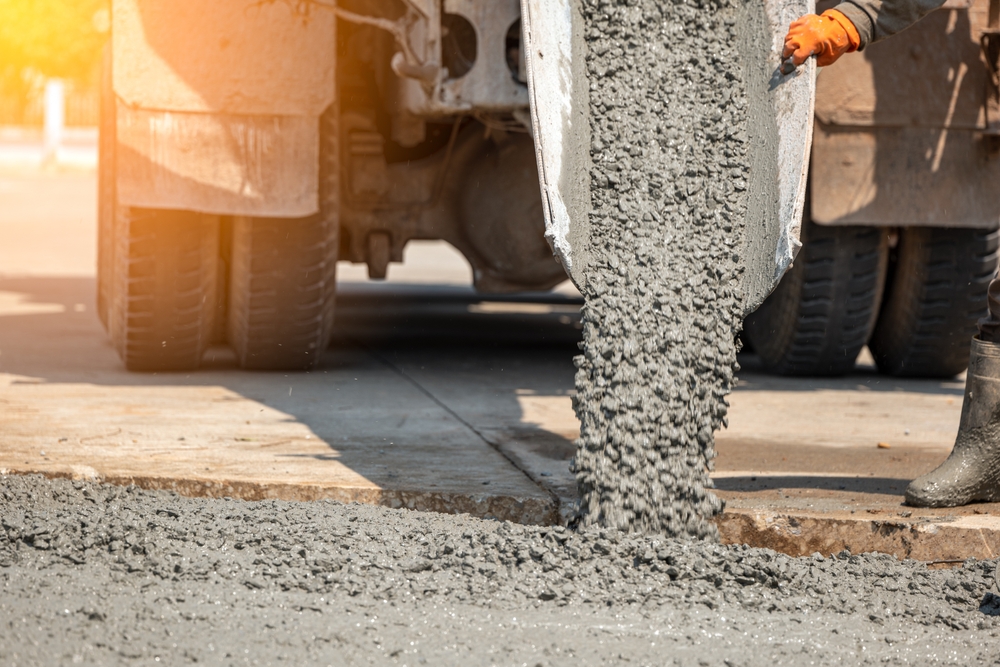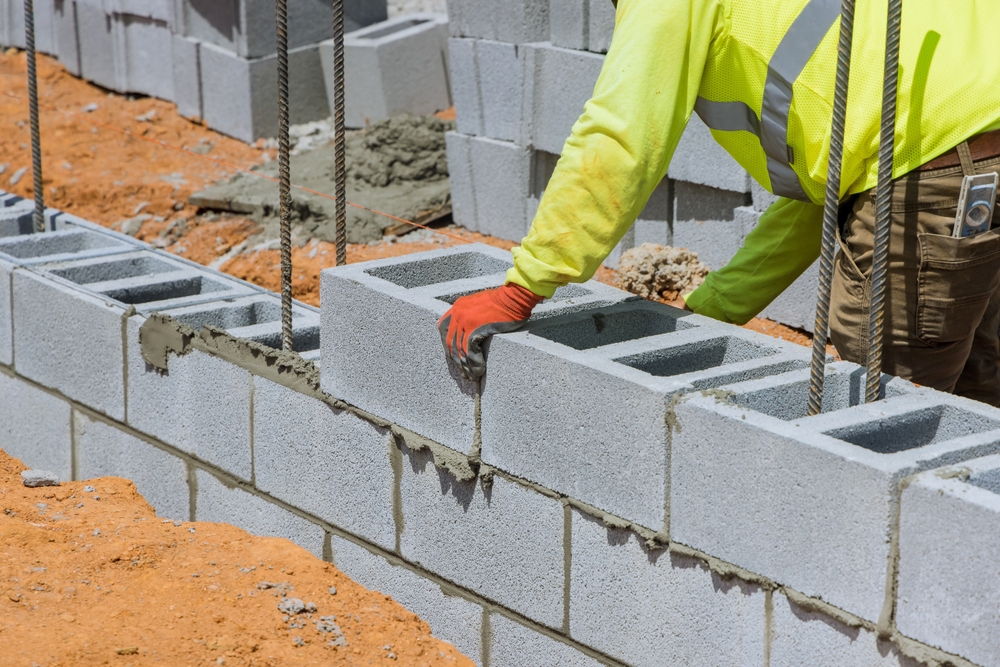Concrete Suppliers
Explore top large-scale concrete suppliers. For more information, use a quick search below.
Concrete is a fundamental building material used in construction projects of all sizes. Whether you’re working on a large infrastructure project or a residential build, sourcing quality concrete is essential. This article will provide information on leading large-scale concrete suppliers, types of concrete available for purchase, common uses, and estimated costs.
Large-Scale Concrete Suppliers
1. CEMEX: CEMEX is a global leader in the production and distribution of cement and ready-mix concrete. With operations in over 50 countries, they supply high-quality concrete for a wide range of construction projects, from residential to industrial.
2. LafargeHolcim: LafargeHolcim is one of the world’s largest suppliers of building materials. They offer a comprehensive range of concrete products, ensuring consistent quality and reliability for large-scale projects across the globe.

3. HeidelbergCement: HeidelbergCement is a major player in the concrete industry, providing a diverse array of concrete products. Their extensive network of plants and distribution centers ensures timely delivery and high standards of quality.
4. Vulcan Materials Company: Vulcan Materials Company is a leading supplier of construction aggregates and ready-mix concrete. They cater to large infrastructure projects, commercial builds, and residential developments with a commitment to sustainability and innovation.
5. CRH: CRH is a global building materials group that offers a wide variety of concrete products. They are known for their extensive product range and ability to deliver large quantities of concrete efficiently.
Types of Concrete to Purchase
1. Ready-Mix Concrete: Ready-mix concrete is pre-mixed at a batching plant and delivered to the construction site. It is convenient and ensures a consistent mix, ideal for large projects.
2. High-Strength Concrete: High-strength concrete is designed to withstand heavy loads and is often used in high-rise buildings, bridges, and other infrastructure projects.
3. Lightweight Concrete: Lightweight concrete is made with lightweight aggregates and is used in applications where weight reduction is important, such as in building structures and flooring.
4. Self-Compacting Concrete (SCC): SCC flows easily into formwork without the need for mechanical vibration. It is ideal for complex structures with intricate formwork.
5. Decorative Concrete: Decorative concrete includes a variety of finishes and colors, used for aesthetic purposes in patios, walkways, and interior floors.
Common Uses of Concrete
Concrete is incredibly versatile and is used in various applications, including:
1. Residential Construction: Concrete is used for foundations, driveways, patios, and sidewalks in residential buildings.
2. Commercial Construction: Commercial buildings such as offices, shopping centers, and parking structures rely on concrete for their structural integrity.
3. Infrastructure Projects: Bridges, roads, dams, and tunnels are major infrastructure projects that require large amounts of concrete for durability and strength.
4. Industrial Construction: Factories, warehouses, and other industrial facilities use concrete for floors, walls, and heavy-duty structures.
5. Decorative Applications: Stamped, stained, and polished concrete is used for aesthetic purposes in both interior and exterior designs.
Estimated Costs of Concrete
The cost of concrete varies based on the type, quality, and quantity needed. On average:
- Ready-Mix Concrete: Typically costs between $100 to $150 per cubic yard.
- High-Strength Concrete: Can range from $150 to $200 per cubic yard, depending on the required strength.
- Lightweight Concrete: Generally costs around $150 to $200 per cubic yard.
- Self-Compacting Concrete (SCC): Prices can range from $150 to $250 per cubic yard, due to its specialized nature.
- Decorative Concrete: Costs vary widely based on design and finish, ranging from $6 to $20 per square foot.
Additional costs may include delivery fees and charges for any special requirements or additives.
Selecting the right concrete supplier and type of concrete is crucial for the success of your construction project. By understanding the various types and their uses, along with estimated costs, you can make informed decisions that meet your project's specific needs and budget.











